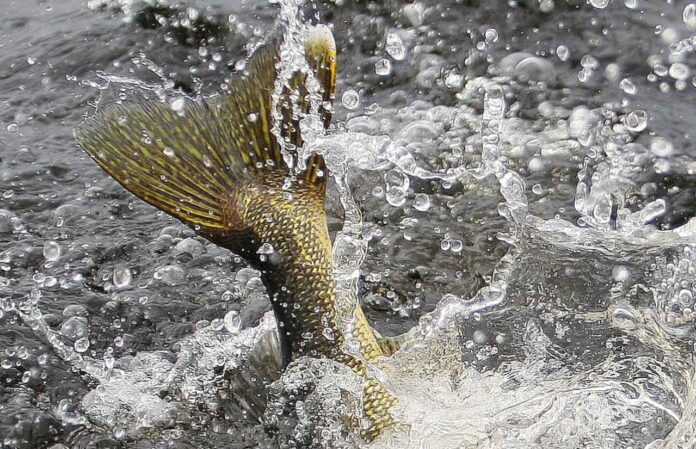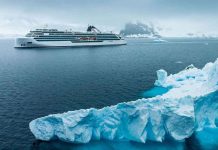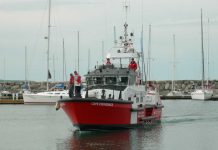OTTAWA, Traditional, Unceded Territory of the Algonquin Anishnaabeg People, Sept. 18, 2024 – Environment – Fisheries and Oceans Canada (DFO) has taken a critical step toward restoring the health of Canada’s oceans with the release of two pivotal rebuilding plans for Southern Newfoundland cod and Atlantic mackerel. These plans are the first in a series aimed at bringing back depleted stocks, with new plans for groundfish, herring and salmon expected soon. Two additional stocks were granted short-term extensions and had their rebuilding plans approved in July. If the government continues publishing high-quality rebuilding plans, it could reverse decades of overfishing and mismanagement that have devastated marine ecosystems.
Despite these promising developments, significant challenges remain. The government continues to allow overfishing on Northern cod and capelin, despite clear warnings of continuing decline. A second list of at least six critical stocks, including Scotia-Fundy herring and Gulf yellowtail flounder, urgently awaits regulatory action to prevent further depletion.
“The government has been slow to meet its legal obligations under the Fisheries Act despite the fact that Canadians expect the government to consistently implement its own laws and apply them to all fish populations.” adds Schijns, “While these rebuilding plans are a critical milestone, they are just the beginning. Urgent action is needed, and the stakes are high for Canada’s fisheries and oceans.”
Oceana Canada was established as an independent charity in 2015 and is part of the largest international advocacy group dedicated solely to ocean conservation. Oceana Canada has successfully campaigned to ban single-use plastics, end the shark fin trade, make rebuilding depleted fish populations the law, improve the way fisheries are managed and protect marine habitat. We work with civil society, academics, fishers, Indigenous Peoples and governments to return Canada’s formerly vibrant oceans to health and abundance. By restoring Canada’s oceans, we can strengthen our communities, reap greater economic and nutritional benefits, and protect our future. Find out more at www.oceana.ca.







